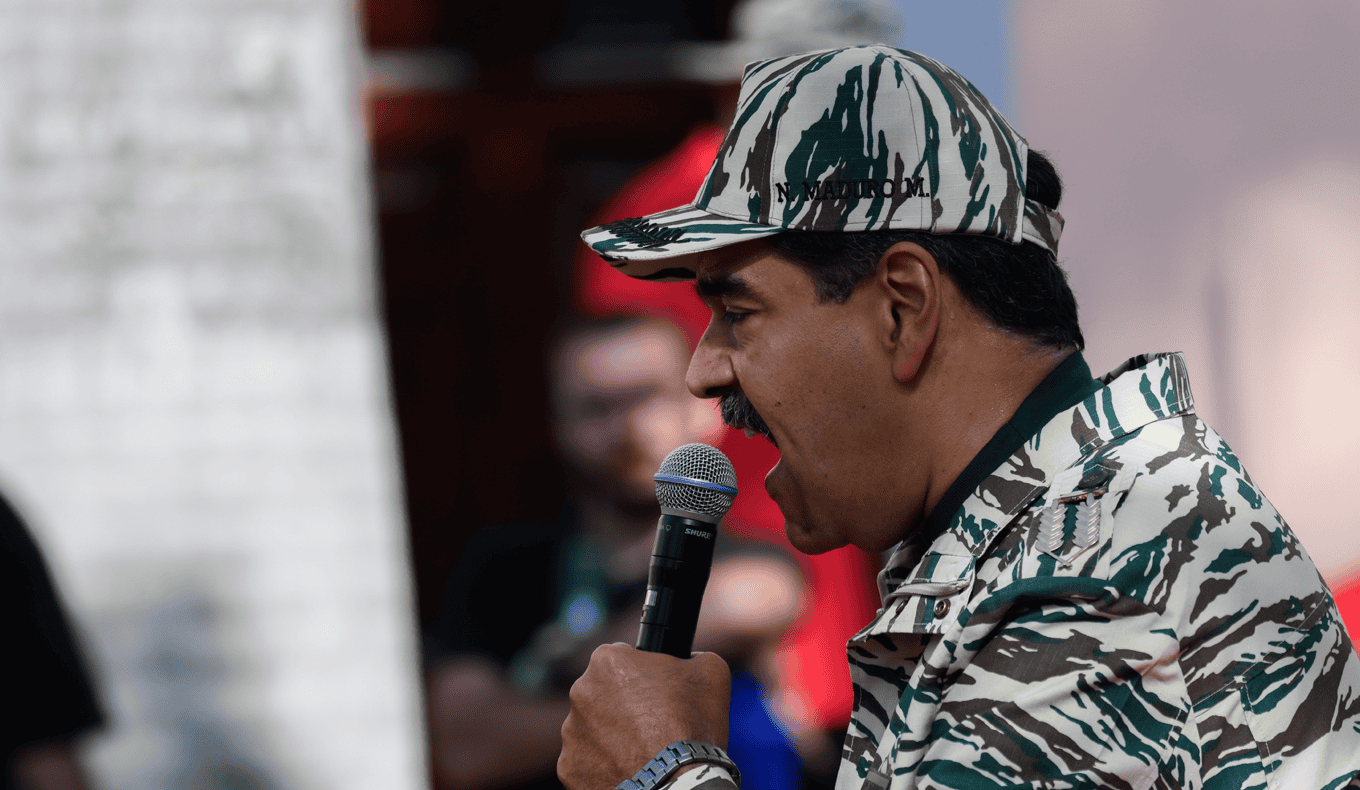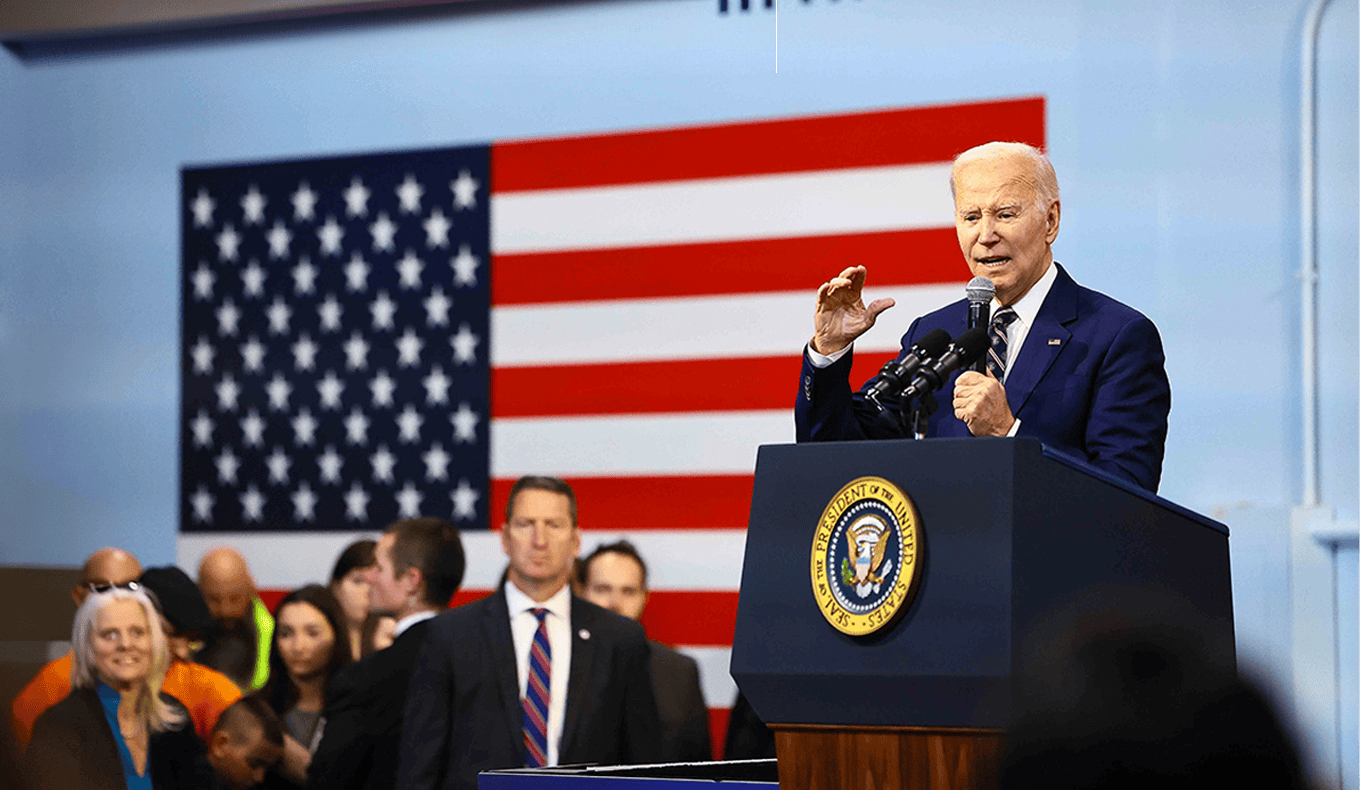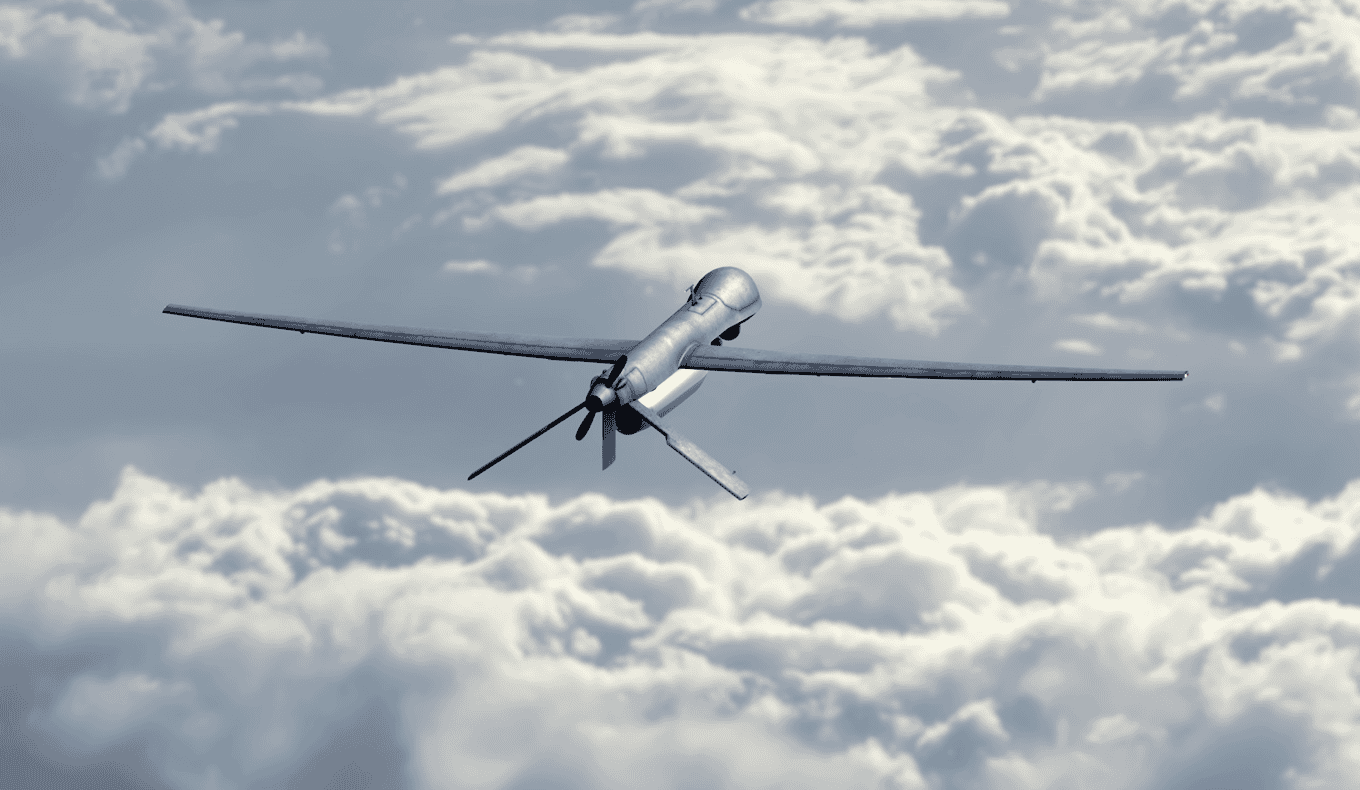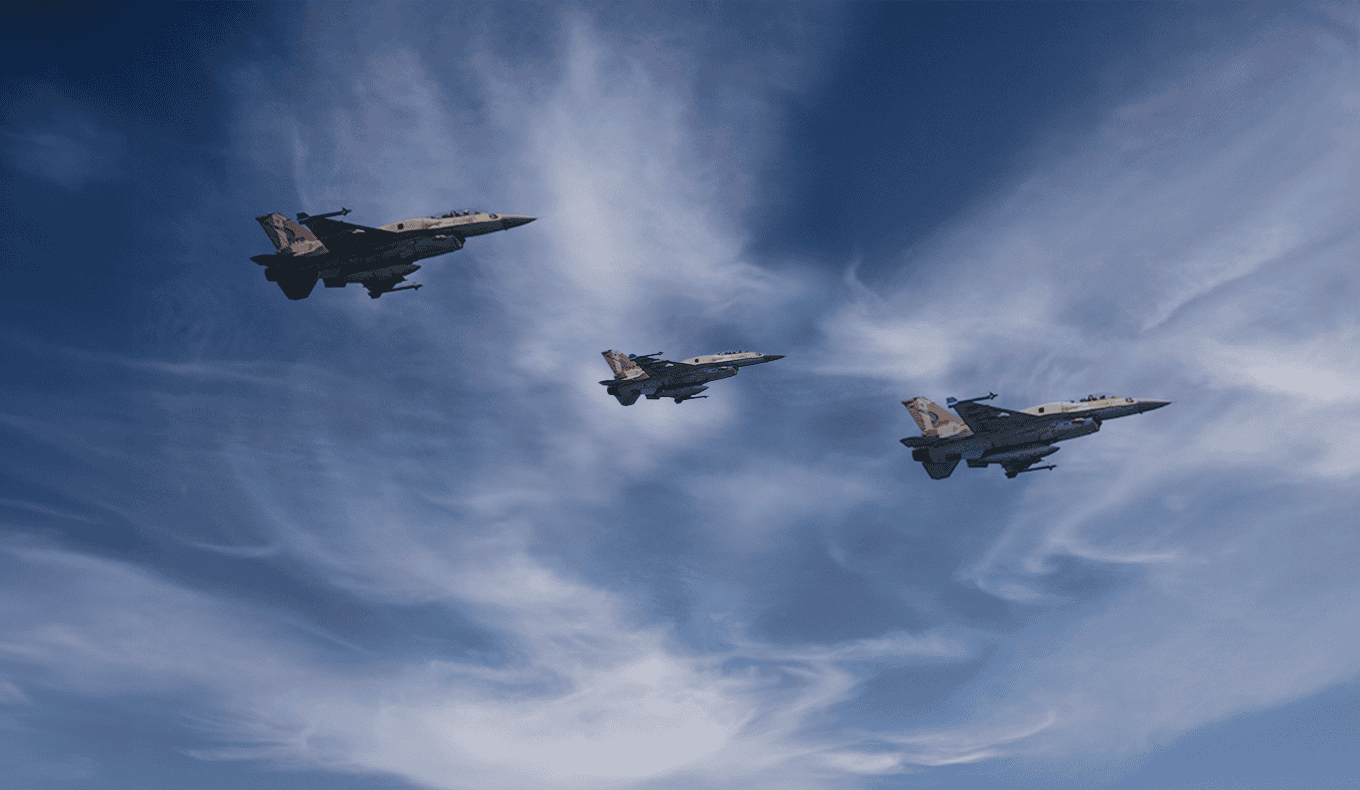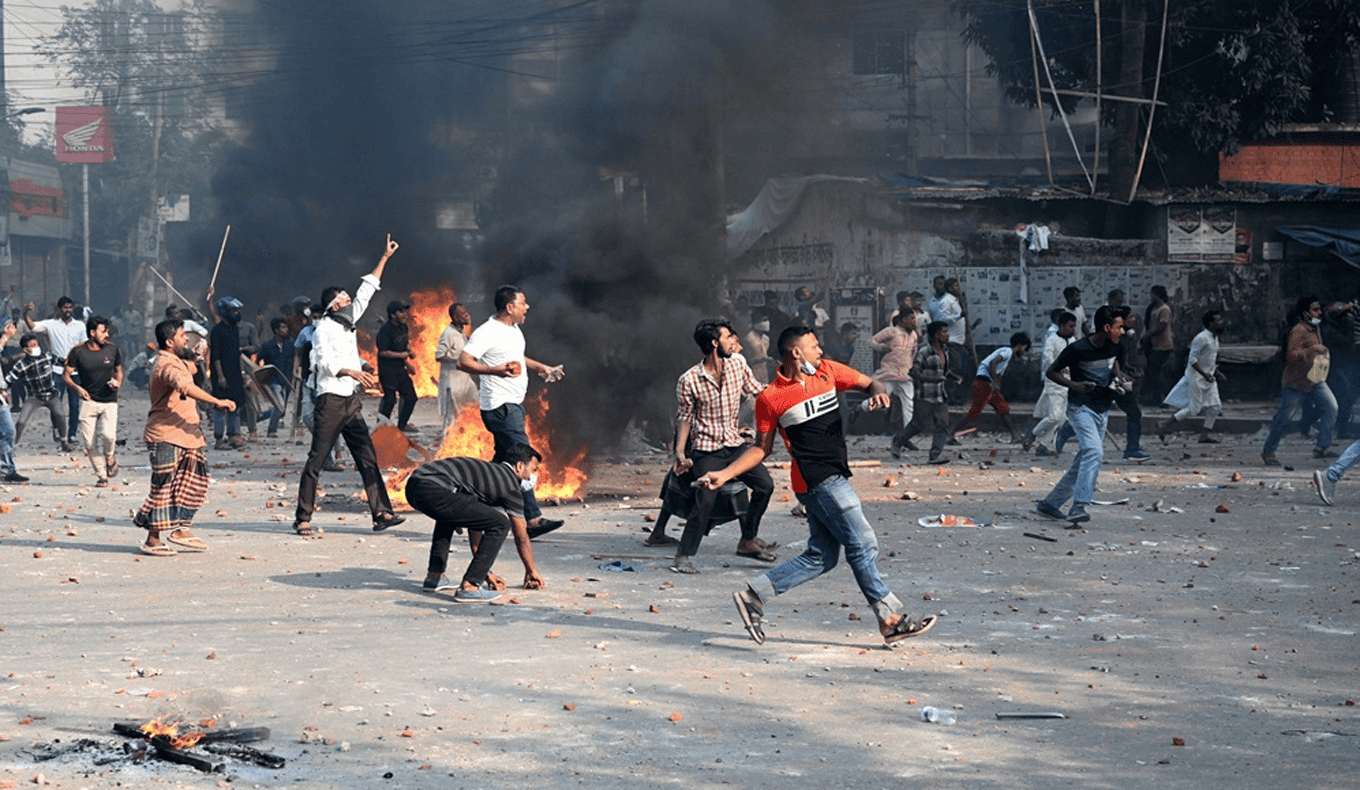Executive Summary
-
Venezuela’s presidential elections are scheduled for July 28, with incumbent President Nicolas Maduro and the opposition coalition’s Edmundo Gonzalez expected to be the main contenders.
-
The lead-up to the elections has seen a sustained crackdown on opposition activists in the form of arrests, as well as foreign interference and sabotage allegations.
-
Maduro is likely to win the elections, given his control over state institutions and legal mechanisms to prevent scrutiny of election outcomes. A victory by Maduro would be likely met with opposition claims of electoral fraud and large-scale protests nationwide.
-
A less likely, albeit possible, potential win by the opposition could see Maduro attempting to reject a transfer of power through repressive means by mobilizing his supporters and possibly the army.
-
The outcome of the elections and their aftermath will likely influence Caracas-Washington relations and determine the future of US sanctions on Venezuela.
-
Essential travel to Venezuela may continue while remaining cognizant of ongoing political and security developments pertaining to the upcoming presidential polls.
Current Situation
Election Overview
-
Presidential elections are slated in Venezuela on July 28. The elections are being held to elect the new president for a six-year term that would start on January 10, 2025. Incumbent president Nicolas Maduro of the left-wing Partido Socialista Unido de Venezuela (PSUV) is seeking re-election after assuming power following the 2018 presidential polls.
-
The candidates registered to contest the presidential polls include current President Maduro, Edmundo Gonzalez Urrutia, representing the big-tent coalition Plataforma Unitaria Democratica (PUD), Luis Eduardo Martinez of the center-left Accion Democratica, and Jose Brito of the centrist Primera Venezuela. Six other candidates, including those representing smaller parties and independents, are registered to contest the elections.
-
Polls so far have produced varying predictions about the outcome of the presidential elections. Some polls favor the current president, Maduro, while others, including international and US-based agencies, forecast a victory for Gonzalez, substantiated by a 30 to 50-point lead in multiple polls.

Crackdown on opposition activists, campaign associates, media
-
The run-up to the polls has seen a heightened government crackdown against opposition leaders, activists, journalists, and service providers as well. Allegations against those arrested and detained include involvement in conspiracies to destabilize the government or assassinate Maduro, collusion with external forces, and incitement of hatred, among others.
-
In addition, on January 22, Maduro ordered the expulsion of military personnel who were accused of treason and participation in plots to assassinate him. Following this, around 33 active and reserved personnel, including a general and two colonels, were expelled.

Allegations of foreign-origin threats, sabotage efforts
-
On July 12, authorities arrested a Venezuelan businessman Ricardo Albacete Vidal, who hosted Machado in his home in Tachira. Albacete reportedly ran several businesses, including a network of bookstores in the past. Albacete, along with businessman Aldo Roso, who was also detained, are accused of allegedly planning an electrical sabotage ahead of the elections.
-
On July 5, a Colombia-based far-right paramilitary group called the Autodefensas Conquistadores de la Sierra Nevada (ACSN) claimed that they had been contacted by Venezuelan “far-right groups” to destabilize the government. The ASCN reportedly planned to attack electrical infrastructure and target Maduro if he is re-elected on July 28. In response, the Ministerio Publico initiated an investigation into these claims.
-
On July 16, a vandalism and alleged sabotage incident was reported at the electrical system in Punto Fijo substation, eventually cutting off power for over 12 hours in Falcon state.
-
On July 17, the government stated that an explosion occurred in a gas pipeline on a highway in Anzoategui state. The government claimed that initial investigations indicated that the explosion was an act of sabotage.
Developments pertaining to CNE
-
The Consejo Nacional Electoral (CNE, electoral body), responsible for conducting the election, presented an agreement requiring the candidates to accept the election outcome. However, the PUD candidate Gonzalez declined to sign the agreement on June 20, citing alleged bias by the CNE and Maduro’s supposed violation of the Barbados Agreement signed between the Maduro-led government and the opposition PUD on October 17, 2023 (see more details in the ‘Background’ section). In contrast, Maduro endorsed the agreement.
-
Meanwhile, the CNE also initiated a rule change on June 20 regarding electoral witnesses, mandating that witnesses at polling booths must cast their votes at their respective booths. This change raised concerns and speculations about the neutrality of witnesses during the polling.
International Observers
-
The CNE is also facilitating the participation of international electoral observers, which was one of the electoral guarantees promised by the Maduro government in the Barbados agreement. Under the deal, observers from the United Nations (UN), the European Union (EU), the African Union (AU), and a US-based nongovernmental think tank were initially allowed to observe the elections.
-
However, on May 28, the CNE rescinded its invitation to the EU’s electoral observation mission, citing continued sanctions.
Background
-
The 2018 elections were claimed to be rigged by the opposition after the CNE announced that Maduro won the contest. Following the declaration of results, large-scale protests were recorded across the country. In January 2019, the opposition-majority Asamblea Nacional (AN, Legislative Assembly) invalidated the results and appointed its head Juan Guaido as interim president, thereby resulting in two parallel governments in Venezuela. Around 500 protests were recorded in Venezuela in 2019 amid the political turmoil, leading to the deaths of more than 70 people. Following corruptions allegations and waning support for Guaido, the AN removed him from the post of interim president in December 2022.
-
The political crisis led to international condemnation of Maduro’s disputed election and widespread sanctions, mainly on Venezuelan energy sector, its primary revenue generator. These sanctions, along with persistent economic mismanagement, resulted in triple-digit inflation, high unemployment, and a cost-of-living crisis, triggering a mass migration.
-
The lead-up to the 2024 election has been marked by notable developments, surrounding the inability of Maria Corina Machado of the right-wing Vente Venezuela (VV) party, who also won the opposition primaries held in October 2023, to contest the polls following her disqualification from holding public office. On January 26, the Tribunal Supremo de Justicia (TSJ, Supreme Tribunal of Justice) ratified the Contraloria General (Comptroller General)’s order to disqualify Machado in June 2023, on corruption charges, alleged support for US sanctions, support to Guaido, among other reasons.
-
The elections were announced following the guarantee of free and fair presidential polls under the Barbados Agreement. The agreement allowed election observers from the UN and the EU to monitor the elections, in exchange for the possible lifting of US sanctions. Washington initially eased sanctions on the Venezuelan energy sector following the agreement but re-imposed them on April 17, due to a perceived stagnation in political progress and continued crackdown on opposition figures. Washington and Caracas later agreed to resume negotiations on July 3.
Assessments & Forecast
Government likely to hinder opposition mobilization during remaining campaign period
-
Detentions of opposition activists have increased substantially since the campaign began on July 4, evidenced by July 16 reports from a Caracas-based human rights organization that 77 opposition supporters and collaborators have been detained since campaigning began. These arrests have been justified by the government using allegations of conspiracies to destabilize and overthrow the government and colluding with external forces. The ACSN’s claims, albeit unverified, have added to the intensified rhetoric surrounding allegations of foreign influence.
-
The arrests of service providers and non-party campaign associates, supported by data indicating 48 such arrests between July 4-14, indicates the government’s efforts to deter individuals and businesses from associating with the opposition campaign. Therefore, the arrests can be seen as a broader attempt by the Maduro-led government to stymie PUD’s activities, including campaign rallies, which have recently seen higher turnouts since July 4, diminish the perceived enthusiastic opposition activism, while simultaneously sidestepping direct infringements on election procedures.
-
FORECAST: The government is likely to continue its ongoing crackdown against opposition activists and campaign associates in the lead-up to the polls. Individuals directly associated with the opposition, its campaign and service providers, including business personnel, will continue to be targeted in these arrests. This could also result in government raids on residences and offices of opposition-linked entities. Similarly, foreign and local journalists, NGOs and other civil society activists, who are perceived to be critical of the government or supportive of the opposition, could potentially be targets of arbitrary detentions, raids of offices, and ban on news coverage.
-
FORECAST: Separately, recent precedent indicates that PSUV cadres and police forces are likely to create logistical challenges to campaign events, including roadblocks and police inspections. Chavista loyalist (those aligned with principles of former President Hugo Chavez) organizations are also likely to be involved in creating logistical challenges for opposition activities in the coming days. Moreover, the CNE, which has been considered by the opposition and Western observers to be aligned with Maduro, could introduce legal and administrative obstacles in order to hinder or discredit a potential victory by the opposition. This could manifest in further moves like the rule change limiting neutral witnesses in polling booths and the CNE agreement requiring candidates to accept the election outcome in the days before the vote.
-
Although less likely, the possibility of Maduro canceling or postponing the polling, citing a security threat in Essequibo or threats from Colombia-based paramilitary groups, cannot be entirely ruled out.
CNE’s actions crucial for voter turnout on polling day
-
On polling day, the CNE’s rule change regarding neutral witnesses is likely to adversely affect the transparency of voter turnout data and allow for potential manipulation in polling booths. Moreover, the CNE deploying tactics such as delaying voting in PUD-supporting centers by citing technical difficulties to restrain turnout or invalidating opposition candidates on the ballot to create confusion, cannot be ruled out. PUD’s allegations on July 23 that the CNE hindered “mass accreditation” of witnesses, claiming that technical difficulties have prevented the printing of their credentials, will add to concerns over vote manipulation. This will further undermine the credibility of the election results and heighten the likelihood of the opposition claiming electoral fraud.
-
Voter turnout on voting day will depend on the level of on-ground mobilization by the PSUV and the PUD. Despite the seemingly efficient functioning of PUD-aligned volunteer organizations, such as the 600k network of electoral witnesses and the ‘Comanditos’ of volunteers, their active participation and mobilization on polling day will largely depend on the attempts of Chavista groups to disrupt their activities. Such attempts would likely include blocking the entry of PUD witnesses to voting stations, hiding or distorting voter data, among others.
-
Moreover, there remains a credible likelihood of localized unrest in the form of scuffles between PSUV and opposition members near polling stations and voting booths on election day, should there be allegations of irregularities during polling.
-
Meanwhile, concerns about the full participation of international observers are likely to persist in the lead-up to and on the day of the elections. This is primarily due to the CNE’s tendency to withdraw or cancel invitations to organizations that criticize the election process or maintain sanctions against Venezuelan officials. The recent withdrawal of the EU observers’ invitation highlights this issue, raising doubts about whether the election observers from the UN, the AU, and the US think tank will have complete access to voting procedures, voter turnout, and ballot counting. Their inability to effectively monitor the elections will further contribute to undermining the credibility of the vote and will serve as an additional basis for the opposition to claim electoral fraud in the event that Maduro wins.
Post-election scenario contingent on poll outcome, reaction of the losing party

a. PUD likely to claim electoral fraud in case of a Maduro victory (most likely scenario)
-
A Maduro victory remains likely due to multiple factors favoring the incumbent. His control over key state bodies, including the electoral authority, and his implementation of mechanisms to prevent scrutiny of the election’s legitimacy are likely to be significant factors. Another key factor is the persistent legal and administrative challenges against the opposition and their candidates. Although several polls suggest an opposition win, their credibility is uncertain due to potential political and confirmation bias in the agencies that conduct these polls. To that end, Maduro’s popularity could, in fact, be higher than what such polls indicate. Moreover, a sustained crackdown on the opposition has likely diminished opposition activism and raised fear among the public for those supporting the opposition.
-
Should the election results favor Maduro, the PUD is likely to claim that the elections were rigged and demand a recount or a new vote. The opposition’s sustained allegations that the government and the electoral body have not created a level playing field support this potential response. This mirrors the aftermath of the 2018 elections, when the CNE declared Maduro the winner, and rival candidates demanded a fresh vote, alleging numerous voting irregularities.
-
Although the possibility remains limited, the opposition parties led by Machado and Gonzalez could attempt to install a parallel government similar to the 2018 scenario when the then-opposition majority Asamblea Nacional announced Juan Guaido as interim president using a constitutional clause after a highly disputed Maduro victory. However, with the PSUV holding a supermajority in the AN, the chances of such a scenario happening are limited. The likelihood of the opposition being aided by the armed forces to oust Maduro in a coup is also low, especially given the government’s arrests of perceived dissidents within the army, which also indicates strong surveillance of the military ranks.
-
FORECAST: PUD’s claims of electoral fraud are likely to prompt large-scale protests by opposition parties and civil society organizations across the country, denouncing the legitimacy of the vote. Protestors are also likely to deploy ‘guarimbas’, a popular protest method that involves erecting street barricades or roadblocks, prompting disruptions to travel across the main urban centers in the country. The possibility of anti-government protests escalating into violent unrest is therefore high, as they are likely to be met with violent repression from the security forces and eventually lead to mass arrests.
-
FORECAST: Potential anti-government protests and unrest would largely be concentrated near key government institutions, particularly the CNE headquarters in Caracas, and are anticipated to continue gradually until January 10, 2025, when the President-elect is slated to assume office. This is evidenced by the frequent anti-Maduro protests recorded at various degrees of scale and intensity until January 2019 following the CNE’s declaration of Maduro as the winner in the May 2018 elections. The scale and intensity of opposition-led protests would be substantially higher in the weeks after the results and gradually reduce through the medium term amid an expected crackdown by the government.
-
FORECAST: In such a scenario, Maduro is likely to amplify rhetoric surrounding external influence, particularly by Washington and other perceived adversaries in the region like Argentina. On that note, the government resorting to arbitrary arrests of foreign nationals, at least symbolically to project power and substantiate his claims, cannot be entirely ruled. Maduro could also likely highlight alleged far-right paramilitary threats and perceived sabotage attempts to discredit opposition claims of potential electoral fraud, while also bolstering nationalistic fervor. Additionally, similar perceived sabotage attempts, as seen in Anzoategui, may recur even in the months after the results, largely in oil-producing states like Anzoategui, Falcon, Monagas, Portuguesa, and Zulia, which contain critical energy infrastructure. To this end, the government may label existing technical malfunction due to inadequate maintenance and investment in energy facilities as opposition sabotage.
-
FORECAST: In this context, Maduro is expected to intensify the government’s crackdown by carrying out more arbitrary arrests and detentions. These actions would mainly target opposition politicians. Civil society, human rights activists, and journalists are also liable to be targeted in arrests and raids, especially if sustained anti-government protests surface after the results. The potential of placing politicians under house arrest, given similar arrests against opposition leaders in the past, cannot be ruled out.
-
FORECAST: A violent crackdown on opposition following electoral fraud allegations will likely provoke harsh condemnation from international observers, most notably the USA. The Joe Biden-led administration could resort to reimposing stricter sanctions on Maduro and other PSUV leaders, accusing them of repressive practices against the opposition. Diplomatic tensions will likely heighten following this, subsequently prompting Caracas to heighten surveillance of US nationals in Venezuela, including foreign journalists, and potentially carrying out arbitrary detentions or warning them to leave the country.
-
FORECAST: However, given Washington’s interest in resuming negotiations with Caracas, an eventual resumption of granting special licenses to certain foreign firms to conduct transactions with PDVSA, while simultaneously restricting the latter’s broader operations, would remain a possibility. Washington’s approach could be driven by an aim to maintain oil supply and stabilize prices amid the ongoing energy volatility caused by conflicts in Ukraine and the Middle East. On that note, concessions would depend on whether the negotiations set off on a positive trajectory, following the elections.
b. Maduro likely to prevent transfer of power in the event of PUD victory, while utilizing legal measures to invalidate Gonzalez’s win
-
A PUD victory is likely to be accompanied by multiple potential scenarios, depending on the Maduro-led government’s response to the election outcome.
-
The potential for Maduro to resort to repressive methods to prevent a transfer of power is high, especially after his July 17 campaign statement warning of a “bloodbath” and “civil war” if the opposition wins, which he claimed could only be avoided if he were re-elected. Although this rhetoric is mainly aimed at bolstering support and intimidating the opposition, such a possibility cannot be entirely ruled out. To that end, Maduro might heighten nationalistic and socialist sentiments to mobilize PSUV cadres and Chavista supporters to engage in potentially violent and disruptive protests. Additionally, Maduro could deploy the Fuerza Armada Nacional Bolivariana (FANB) military forces or the Guardia Nacional Bolivariana (GNB) to detain opposition leaders and activists under the guise of quelling unrest. This could exacerbate general insecurity across the country, with protests in support of and against Maduro likely to increase in the aftermath, accompanied by violent repressions from the security forces.
-
Another likely possibility is a potential uprising by the armed forces to prevent the opposition from taking power. Maduro hinted at this possibility during a campaign event on July 13, where he alluded to historical precedents of former President Hugo Chavez attempting to seize power through armed means while calling the armed forces ‘deeply Chavista’. While this statement can also be seen as an intimidatory tactic, the perceived support for Maduro by the armed forces, especially the FANB, adds more credibility to the potential of such a scenario unfolding if Gonzalez wins.
-
Separately, legal and administrative challenges could be utilized against Gonzalez, primarily due to his refusal to sign the CNE agreement, to invalidate his potential victory. Bodies such as the TSJ, which have been accused of often siding with Maduro and disqualified Machado from holding public office, could rule Gonzalez’s candidacy invalid based on this refusal.
-
In any case, a violent escalation following the potential refusal to transfer power to the opposition would also provoke international condemnation, especially by the USA. This could, similarly, trigger a reimposition of stringent sanctions on Maduro, his PSUV allies, and state-run firms. Consequently, transactions between foreign firms and PDVSA might be prohibited as a punitive measure against Maduro, while the granting of special licenses would also remain suspended during the aftermath of the elections.
c. Legal guarantees for Maduro would ensure a peaceful transfer of power in the event of PUD victory (less likely scenario)
-
In the unlikely event that power is peacefully transferred to Gonzalez and the PUD, Maduro is most likely to seek legal guarantees to protect himself and his political allies from potential persecution or extradition due to his allegedly repressive practices and human rights violations. This is also supported by the fact that Maduro and his allies currently have a bounty of 15 million USD, after being charged with narcoterrorism, drug trafficking, and corruption by the US government in March 2020. Maduro’s announcement on April 23, allowing an office of the Prosecutor of the International Criminal Court in Caracas, is also indicative of his efforts to gain concessions and protection from legal persecution in case he is ousted from power.
-
Moreover, Gonzalez, aligning with his pitch as a reconciliatory candidate, has indicated that he would consider granting amnesty to Maduro and other Chavista leaders if he comes to power, further supporting this likelihood.
-
FORECAST: A peaceful transfer of power could lead to improved relations between Caracas and Washington. Should a seemingly pro-US government take office in Caracas, it might likely result in the easing of sanctions and allow for more free transactions in the energy sector.
Conclusion
-
Despite some agencies indicating that Gonzalez has a significant lead over Maduro, the outcome of the Venezuelan election polls remains uncertain. This ambiguity stems from potential biases favoring Maduro, largely due to a sustained crackdown on opposition leaders and activists, which has diminished opposition activism. Additionally, there is a widespread perception that Maduro’s control over state institutions could create administrative barriers to a free and fair election and facilitate his re-election.
-
The larger concern in the face of a potential opposition victory is whether Maduro would allow for a peaceful transfer of power, which seems unlikely at the current juncture. His perceived control over institutions, combined with the mobilizational capabilities of the PSUV and Chavista organizations, will be utilized to remain in power amid a potential defeat. To that end, Maduro is more likely to reject a potential opposition victory and mobilize his supporters and the army to prevent a transfer of power. In such a scenario, the security situation nationwide is likely to deteriorate, especially if an opposition victory triggers a power struggle. This could manifest as protests with a high risk of large-scale unrest.
-
International scrutiny on the election is likely to be high both before and after the polls. The results will be crucial in determining the future of Caracas-Washington relations, impacting formal diplomatic ties, economic sanctions, energy trade, and the influx of Venezuelan migrants into the USA and other countries in the region.
Recommendations
-
Essential travel to Venezuela may continue while remaining cognizant of ongoing political and security developments pertaining to the upcoming presidential polls.
-
Those residing or operating in Venezuela in the coming days until July 25 are advised to maintain heightened vigilance near public gatherings, including campaign events, particularly those of the opposition given the latent potential of violent unrest due to PSUV intimidation.
-
Maintain heightened vigilance in the vicinity of polling stations on July 28 due to the risk of localized inter-party clashes.
-
Avoid non-essential travel to potential protest sites after the elections, given the heightened potential for crackdown by security forces and likely subsequent clashes.
-
Private media agencies, civil society groups, and NGOs perceived to be overtly or covertly critical of the Maduro-led government are advised to remain cognizant of the likelihood of arbitrary arrests of employees/ members, raids at offices, and ban on organizational activity before and after the elections.
-
Avoid engaging in political discussions with citizens or residents owing to the highly sensitive nature of the issue.
